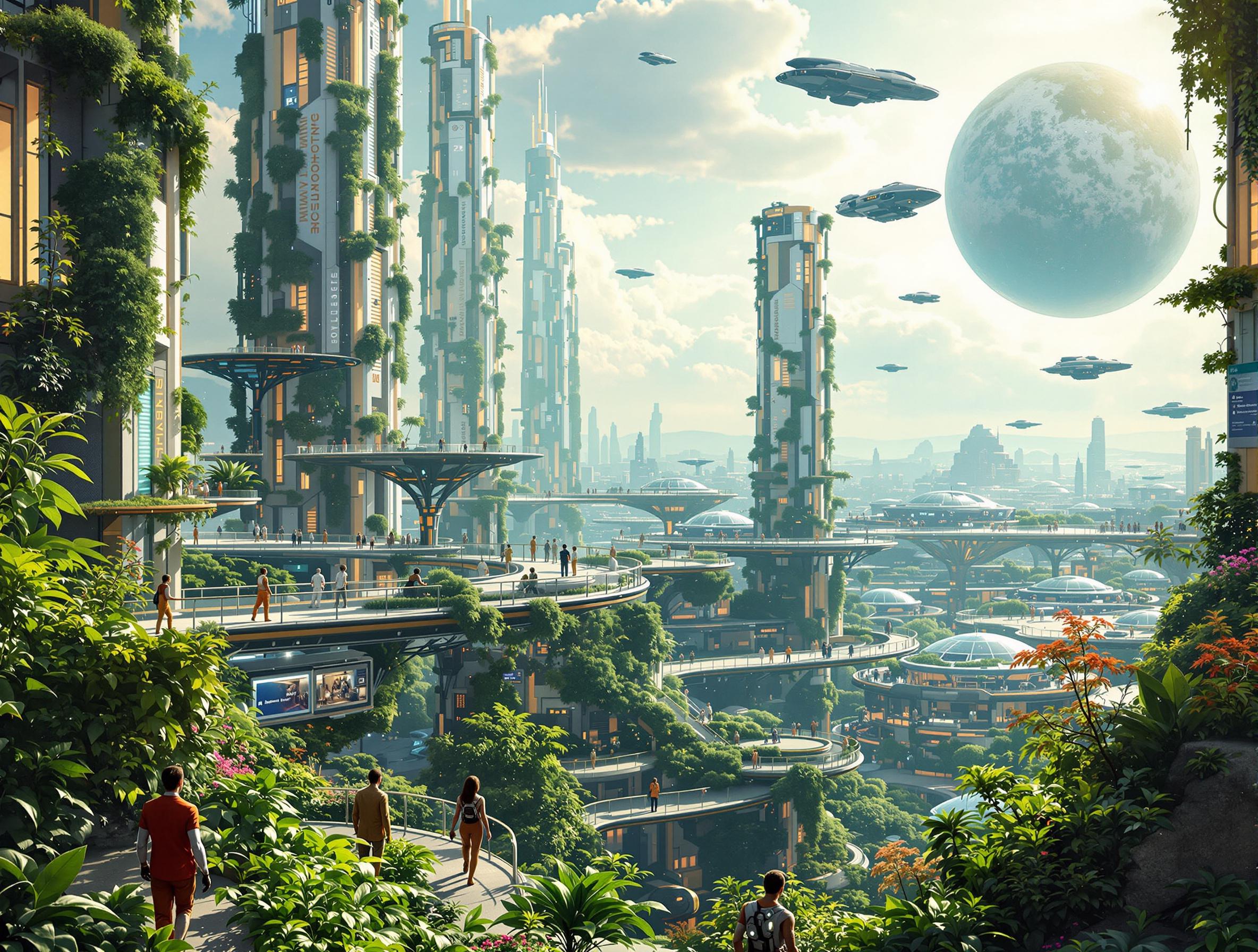There’s a question I’ve asked myself many times — every time I look at the night sky or read about Mars missions:
Will Homo sapiens still be around 52,000 years from now?
I’m not talking about AI hybrids, uploaded minds, or post-human entities. I’m talking about us — flesh-and-blood Homo sapiens, biologically the same species we are today.
And based on everything we know from human evolution, planetary science, and biology, the most reasonable answer is:
Yes. We’ll likely still be here. And we’ll still be human.
🧬 Homo sapiens: The Species That’s Already Fully Evolved
From a biological and cognitive standpoint, we’ve been anatomically modern humans for about 300,000 years, but we’ve only been culturally and behaviorally modern for around 50,000 years.
That means: complex language, abstract thought, advanced tools, art, rituals — all the hallmarks of our species as we know it today.
And guess what? We haven’t changed much since then. Evolution slowed down once we started shaping our environment instead of letting it shape us.
We’ve optimized. And nature rarely alters what works so well.
🌎 A Living Earth — If We Don’t Destroy It First
Some say Earth won’t be habitable forever. That’s true, but only on astronomical timescales.
The Sun is halfway through its life cycle — it has at least another 5 billion years to go. And Earth's habitability could easily last hundreds of millions of years, as long as we don’t destroy the biosphere ourselves.
Climate collapse, nuclear war, or ecological ruin could shorten that window — but if we manage our planet wisely, Earth will still be alive and well in 52,000 years.
It might be warmer, more urbanized, with deserts and artificial forests — but still, a cradle of life.
⏳ Fifty Thousand Years: A Long Time, But Not Unthinkable
Just to put things in perspective: between the first cave paintings and the invention of the Internet, around 45,000 years passed.
If we’ve survived ice ages, megafauna, pandemics, empires and global wars, we can survive the next 50,000 — barring total collapse.
We’re a stubborn, adaptable species. That’s our superpower.
🚀 Expanding Into Space: Natural Evolution for a Migratory Species
Space colonization is not just science fiction anymore.
Talks of Moon bases, Mars cities, and asteroid mining are already taking place — and even in conservative scenarios, this becomes feasible within a few centuries.
In 50,000 years, it's almost inevitable.
There could be Martian cities, orbital habitats, terraforming projects, and outposts on moons like Europa or Titan.
And Earth? It would become a kind of mythical origin point, like the ancestral home in legends — still real, still revered.
🪐 Governments and Empires Among the Stars?
Yes, absolutely. Wherever humans go, we create social structures — tribes, cities, nations, empires.
It’s reasonable to assume that interplanetary colonies would develop their own political systems: federations, trade alliances, independent city-states… maybe even interplanetary empires.
We don’t need Star Wars or Star Trek to imagine this.
We just need human nature — and scarcity of resources in space.
Even today, space law, orbital treaties and planetary mining rights are under development. The seeds of future empires are already being planted.
👁🗨 Biologically Human, Mentally Evolved
Will we look the same?
Probably. Evolutionary changes in Homo sapiens happen slowly. In the absence of radical environmental pressures, we’ll stay recognizable:
-
Same skeletal structure
-
Same brain size
-
Slight adjustments in skin, metabolism, maybe radiation resistance
But the real shift will be in the mind.
We may have different senses of time, perception, empathy, or memory. We might have cognitive implants, symbiotic AI companions, or live in immersive collective realities.
Yet beneath all that, we’ll still be Homo sapiens. The same species that painted caves, composed symphonies, and stared up at the sky.
🧠 Conclusion: Still Curious. Still Telling Stories.
If we avoid extinction — or replacement — we could survive for many more thousands of years without losing what makes us human: memory, imagination, the urge to ask "what if?"
We could become the first species to build an interplanetary civilization without going extinct first.
Not because we’re special — but because we’re adaptable, collaborative, and dream-driven.
So if you’ve followed me this far, congratulations: you’ve just traveled 50,000 years into the future.
And if you want to take something back with you, remember this:
The sky is not our limit. It’s our beginning.








Leave a Comment